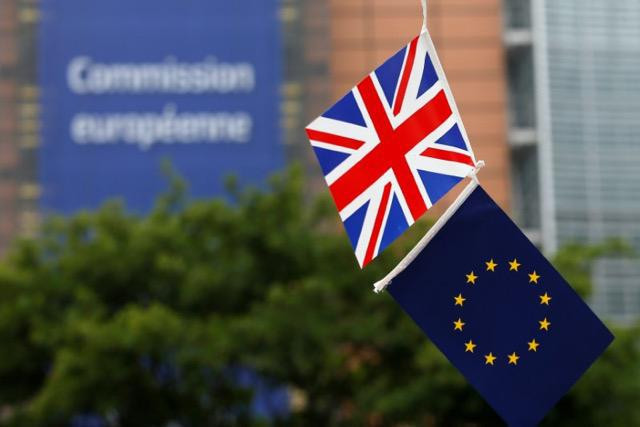According to a government statement published on Monday, Luxembourg will pay between €380m and €500m per year, up from €350m-€380m. The European Commission proposed a new budget in early May to offset the loss caused by Brexit. Luxembourg finance minister Pierre Gramegna (DP) explained that it proposes to increase the commitments of member states to 1.114% of gross domestic income, compared to 1.03% as is currently the case.
Tripling border, migration & defence budget
In addition to the loss of Britain’s departure from the bloc, the commission wants to triple its budget for managing external borders, migration and defence to €34.4b. It also plans to double investment in the Erasmus+ exchange programme for students as well as research and innovation.
While Luxembourg welcomes this increase, the government was not impressed with a reduction in the common agricultural policy, which will mean 3.8% less aid allocated directly to farmers and 14% less for sustainable development.
The Luxembourg government also lamented changes in the governance of the European Fund for Strategic Investments, mobilising private investment for strategically important projects. The change means the European Investment Bank will no longer manage the fund, which will be wholly overseen by the European Commission under current proposals. Luxembourg also opposes a new 3% tax known as the common consolidated corporate tax base (CCCTB), one of three new taxes being proposed.
